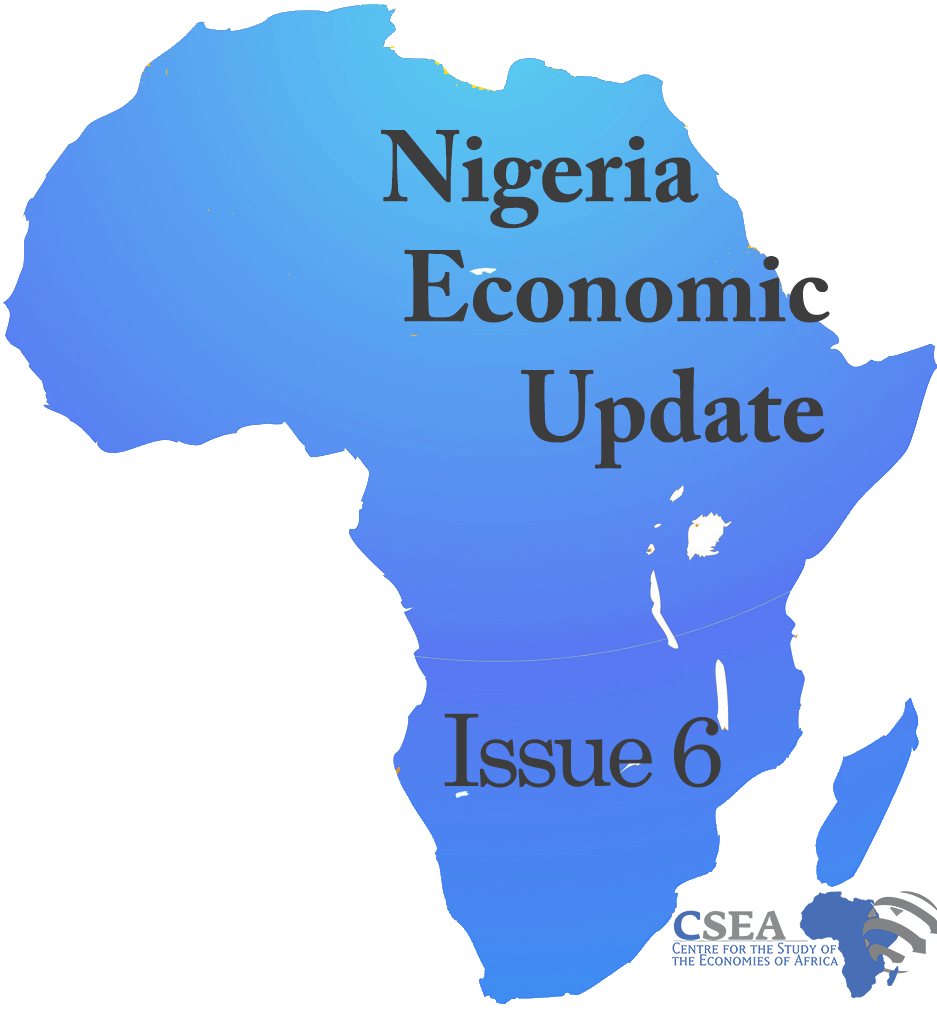The Nigerian economy raked in more revenue for the four quarters of 2018 fiscal year than in 2017. In the recently released economic report, the CBN reported that federally collected revenue increased by 28.4 percent to N9.44 trillion in 20181 – from N7.35 trillion in 20172. Both oil and non-oil components of federally collected revenue rose in the review year, attaining one-year peaks in 2018Q4 (N1.47 trillion) and 2018Q3(N1.14 trillion) respectively. The annual increase was most prominent in oil revenue sources, which grew significantly by 35 percent at the backdrop of 2018 improved oil price and domestic production, and accounted for N5.55 trillion of the total collected revenue. However, after statutory deductions and transfers, the federal government retained N3.96 trillion and a closer review shows that the FG expenditure pattern – at N7.36 trillion – resulted in a fiscal deficit of N3.4 trillion for the whole year 2018. Boosting non-oil sector trade and export, through infrastructure development and credit support, is critical to boosting overall government revenues to levels that match expenditure.
Macroeconomic Report & Economic Updates

March 1, 2019
Nigeria Economic Update (Issue 6)
The Nigerian economy raked in more revenue for the four quarters of 2018 fiscal year than in 2017. In the recently released economic report, the CBN reported that federally collected revenue increased by 28.4 percent to N9.44 trillion in 20181 – from N7.35 trillion in 20172. Both oil and non-oil components of federally collected revenue […]
Read →
